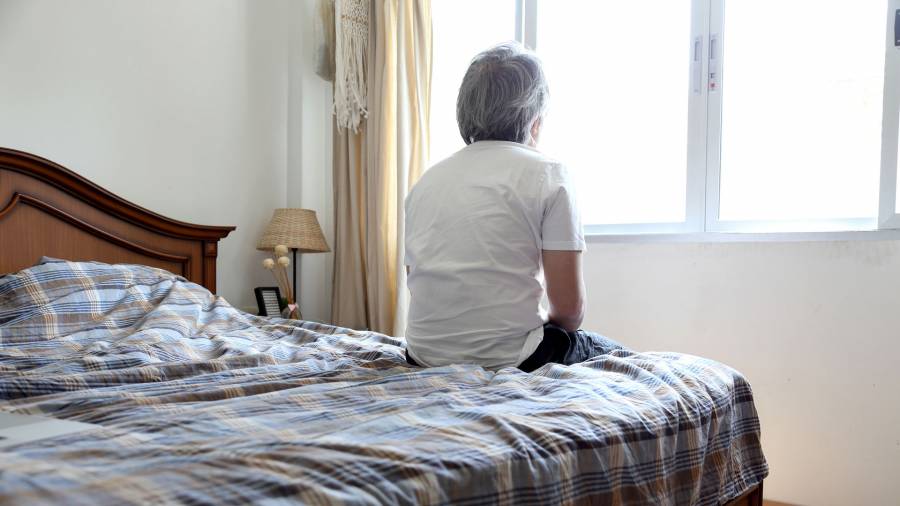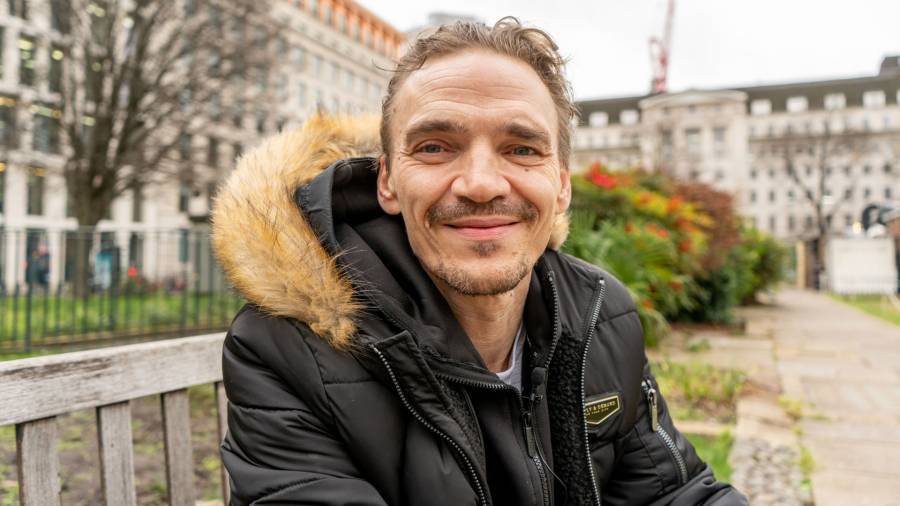Joint action for refugees
A new forum is bringing organisations together to improve support and services for people fleeing conflict and persecution

INNOVATION & IMPROVEMENT
Image: iStock

Zina Smith
Marketing and communications manager, Campbell Tickell, and volunteer, JRAN
Another summer has passed with more upsetting stories of asylum seekers risking their lives and quite literally dying for a better life in the UK. Sadly the media generally depicts them as just numbers – not people. This desensitisation is dangerous, says Elif Shafak, Turkish novelist:
“If enough people become desensitised and numb – they will become indifferent. We need to ensure people care about other’s pain.”
Elif Shafak, 4 August 2020, JRAN Forum
Joint action to support refugees - in this case, the term ‘refugee’ includes anyone with experience of the asylum system - is needed more than ever. The continuation of a hostile environment and inequalities exacerbated by COVID-19, have compounded pre-existing challenges for refugees in the UK and beyond.
Against this backdrop, JRAN (Joint Refugee Action Network) was conceived in June 2020, following a Zoom call organised by New North London Synagogue. JRAN is a network of multi-faith organisations working with refugees in the UK. Their vision is for: “All refugees living in the UK to receive access to accommodation, support and services that lead to integration and personal development.” One method to achieve this is through bringing together those working for refugee organisations, to exchange knowledge and best practice in a safe space.
An online forum
The first online forum took place in August, chaired by David Altschuler, executive chairman of One to One Children’s Fund, to discuss how to collectively solve common challenges facing refugees in the UK. Representatives from more than 35 organisations, including those with lived experience of asylum, joined to discuss challenges and solutions centred around four key themes: mental health; policy and advocacy; employment and livelihoods; and service delivery.
So, what was discussed?
Global refugee crisis
Setting the scene, David Miliband, CEO of International Rescue Committee (IRC), outlined the global state of the refugee crisis:
79.5 million forcibly displaced people worldwide
26 million refugees
45.7 million internally displaced
4.2 million asylum seekers
The UK hosts a very small number: approximately 126,000 refugees. The majority remain in their region of displacement.
Centrally, global refugee resettlement is in a state of collapse. The lack of safe legal routes has forced many to undertake dangerous journeys. Constructing more walls and pushing back is not the answer. As David Miliband noted: “The choice for governments is not whether refugees come or not, but whether they arrive in a safe and ordered way, or in a chaotic and unsafe way.”
Humanising refugees
Considering the global perspective on refugees, the novelist Elif Shafak discussed the power of stories to humanise. We need more knowledge and wisdom: “For knowledge we need to slow down, we need to read about the subject. For wisdom, we need empathy.” Personal stories are therefore one such way to gain wisdom and fight dehumanisation.
“The choice for governments is not whether refugees come or not, but whether they arrive in a safe and ordered way, or in a chaotic and unsafe way ”
- David Miliband
COVID-19
Stark regional and global inequalities have been exacerbated by COVID-19. Many refugees are at higher risk of catching the virus, often living in precarious housing or globally, in camps, where it is believed there has been massive under-reporting of cases.
Beyond the physical health risks, social isolation has significantly impacted the mental health of refugees. As speakers from Barnet Refugee Services and Tavistock Clinic discussed, many refugees suffer from trauma, separation, and loss, caused by displacement. COVID-19 has resurfaced past experiences for many e.g. being confined, and in some cases this has led to re-traumatisation.
Grassroots organisations
Speakers discussed the importance of global cooperation with grassroots organisations. The Forum heard from, the Hummingbird Project and Safe Passage, who empower young asylum seekers and refugees to advocate for policy change, while the Refugee Employment Network, set up by World Jewish Relief, helps refugees find meaningful employment. Help Refugees, has partnered with the May Project Gardens, to run a 24-week course for young refugees, focusing on personal development, education, and enterprise skills. While the Pedal Power initiative, run by The Bike Project, is helping refugee women to cycle, giving them independence and a low-cost way to travel.
There was much to be gained from taking the time to listen and share best practice among organisations with similar objectives, which led on to smaller group discussions.
Group workshops
In breakout rooms, participants discussed common challenges that refugees face and possible solutions organisations can implement. Groups were asked to select the top three from each.
Summary
Common themes emerged from group discussions, including, centrally – the need for improved communication. First, there is a need for a centralised place for all refugees to access their informational and support needs with online and offline services. Second, organisations working with refugees also need a space to collaborate over joint actions and share best practice on a regular basis. A steering group has been set up to take actions forward.
Consideration must be given to what already exists. Whether this means setting up regular forums to share best practice; or an online hub with offline resources; or partnering more effectively with larger organisations – there are several options.
What is clear is there are plenty of possibilities – and much will to collaborate and take action to support refugees.


